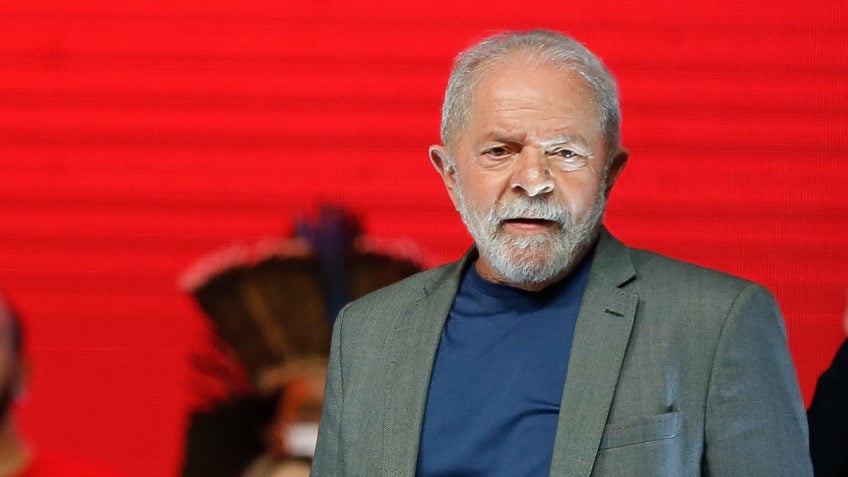Pessimism is growing in the government transition team about the approval of the PEC (proposed amendment to the Constitution) that allows the elected president, Luiz Inácio Lula da Silva (PT), to cut through the spending ceiling to pay for campaign promises.
Approving the PEC in Congress until the end of this year, before the new government begins, was the way chosen by Lula da Silva to maintain payments of R$600 from Auxílio Brasil, with an additional R$150 for families with children up to 6 years old.
In addition, the proposal would also free up R$105 billion to replenish the budget of Farmácia Popular (Popular Pharmacy) and other programs – read more at the end of this text.

The figure released to Lula da Silva’s government, in the PT plans, could reach R$198 billion outside the spending ceiling. The text has not yet been formally presented.
Centrão leaders (group of conservative politicians), however, have already said that they are only valid for 1 year and a maximum of R$80 billion outside the ceiling.
This configuration, in addition to providing less money for Lula da Silva in the 1st year of term, hires a new negotiation process similar to this one for the 2024 Budget. The figure would be well received by the financial market, which considers the PT’s initial idea too expensive and harmful to public accounts.
Members of the transition government believe that Lula da Silva and vice-president elect, Geraldo Alckmin (PSB), did not find a way to deal with the current congress and underestimated the power of the rapporteur’s amendments.
The choice for the PEC is also criticized by some allies because there would be simpler alternatives to secure the R$600 of Auxílio Brasil in 2023.
The Minister of the Federal Supreme Court (STF) Gilmar Mendes presented a decision of the Court of 2021 as an output.
The PT preferred the PEC, among other reasons, because of the trauma of the impeachment of Dilma Rousseff, in 2016. Without political support, she was deposed in the process of “fiscal pedaling.”
Amendments to the Constitution are the most difficult type of bill to pass. 3/5 of the votes in the House and Senate are required in 2 rounds. This PEC needs to have the 2nd fastest procedure since 1988 to be approved by the end of the year.
Privately, supporters critical of the decision also say the party sought to make a show of force with the approval of a PEC before the government began.
The most vocal critic of the decision is Senator Renan Calheiros (MDB-AL). To approve the PEC, Lula will need to ally himself with the current president of the Chamber, Arthur Lira (PP-AL), Renan’s local opponent.
PLANS FOR THE MONEY
In case of approval of the PEC, the plans for the use of the R$105 billion released that will not be committed to the Auxílio Brasil are in the plans:
- R$10.5 billion to rebuild the Popular Pharmacy, indigenous health and cancer control actions;
- R$1.5 billion to replenish school lunches;
- R$4.2 billion to recover losses from the National Fund for Scientific and Technological Development;
- from R$7 billion to R$18 billion to establish the “Desenrola Brasil” guarantee fund (a debt renegotiation program, yet to be created).
If faced with the size of the PEC hole, Lula’s articulators will ask interlocutors where they suggest cutting from. With the list in hand, they want to use the need to rebuild funds in the areas of health and education to obtain votes from congressmen.
With information from Poder360/Mariana Haubert

